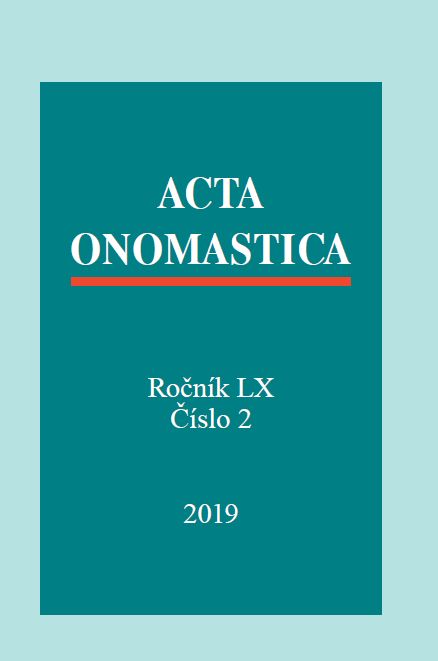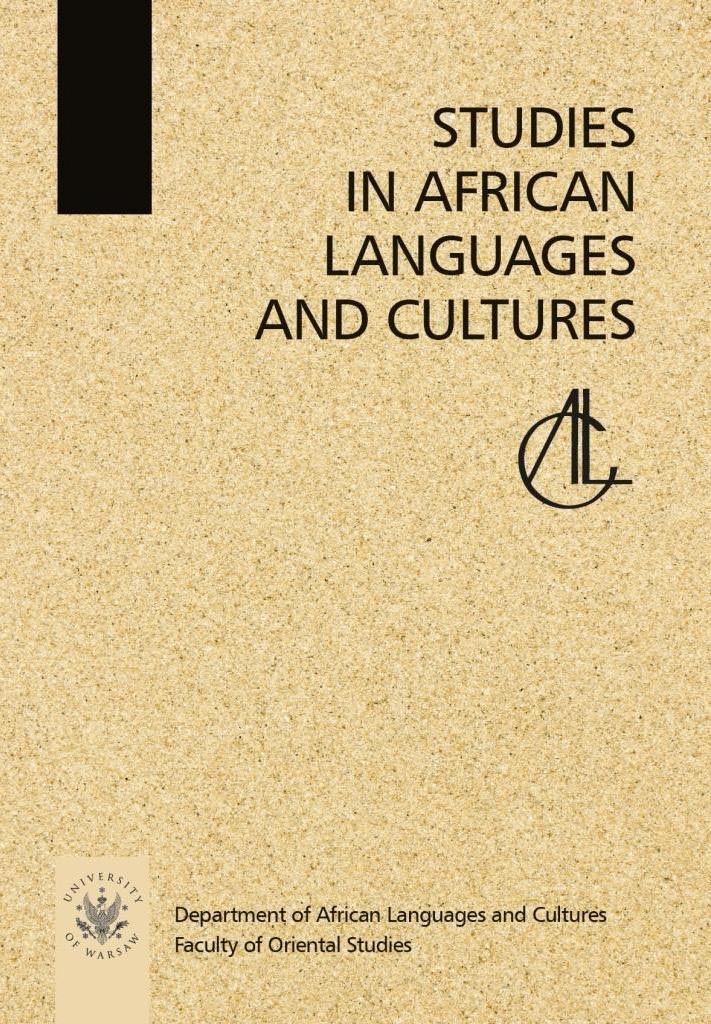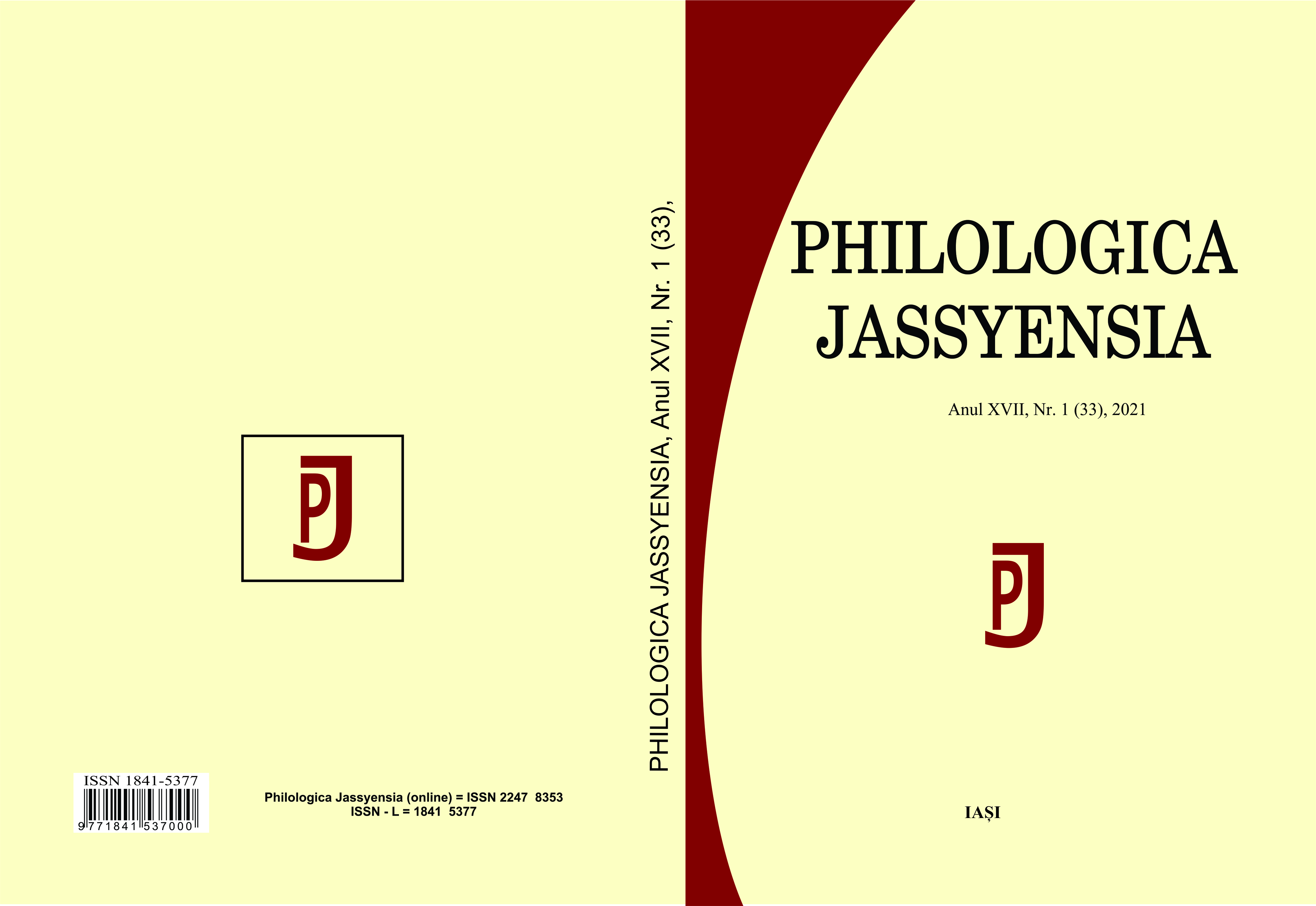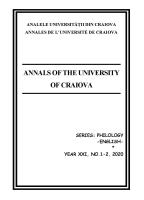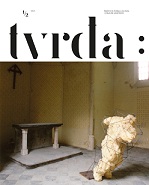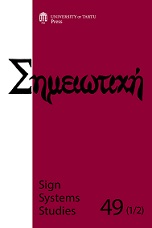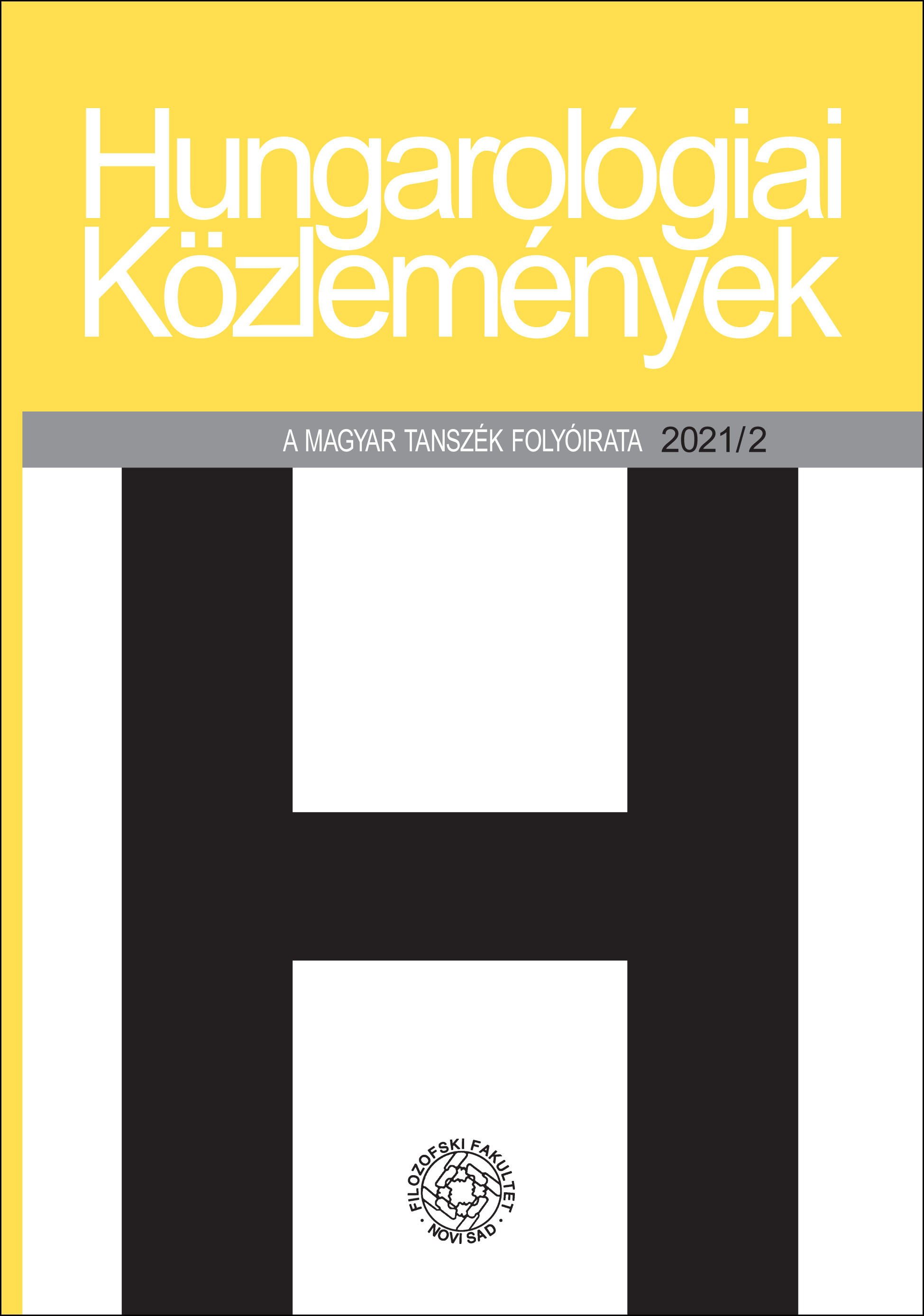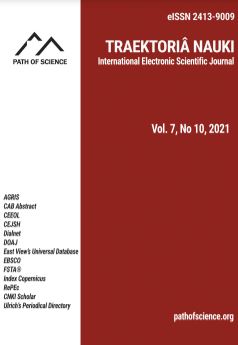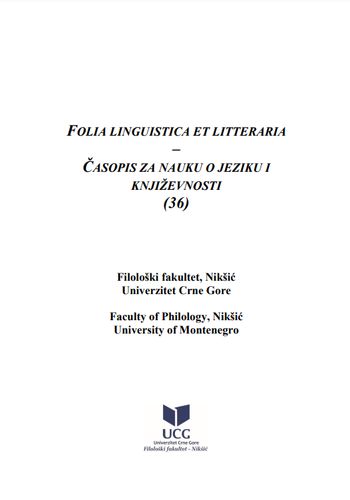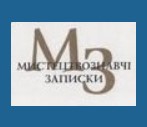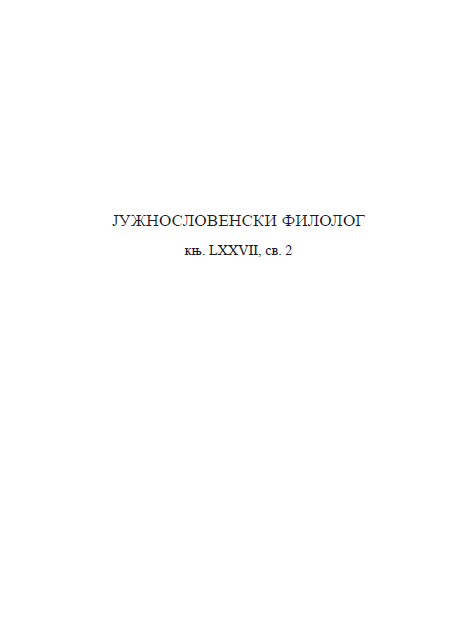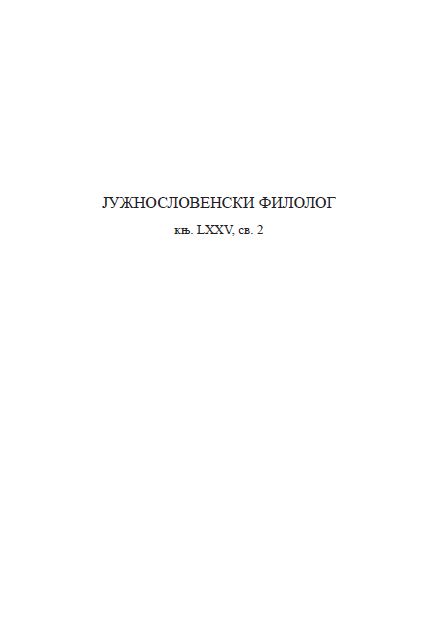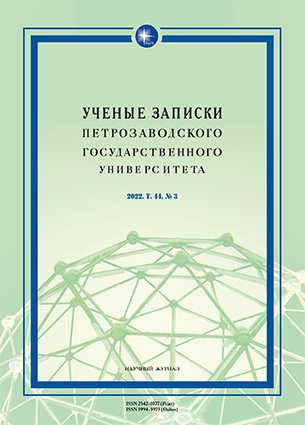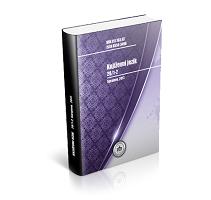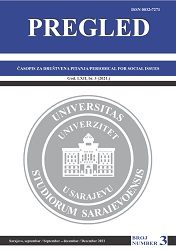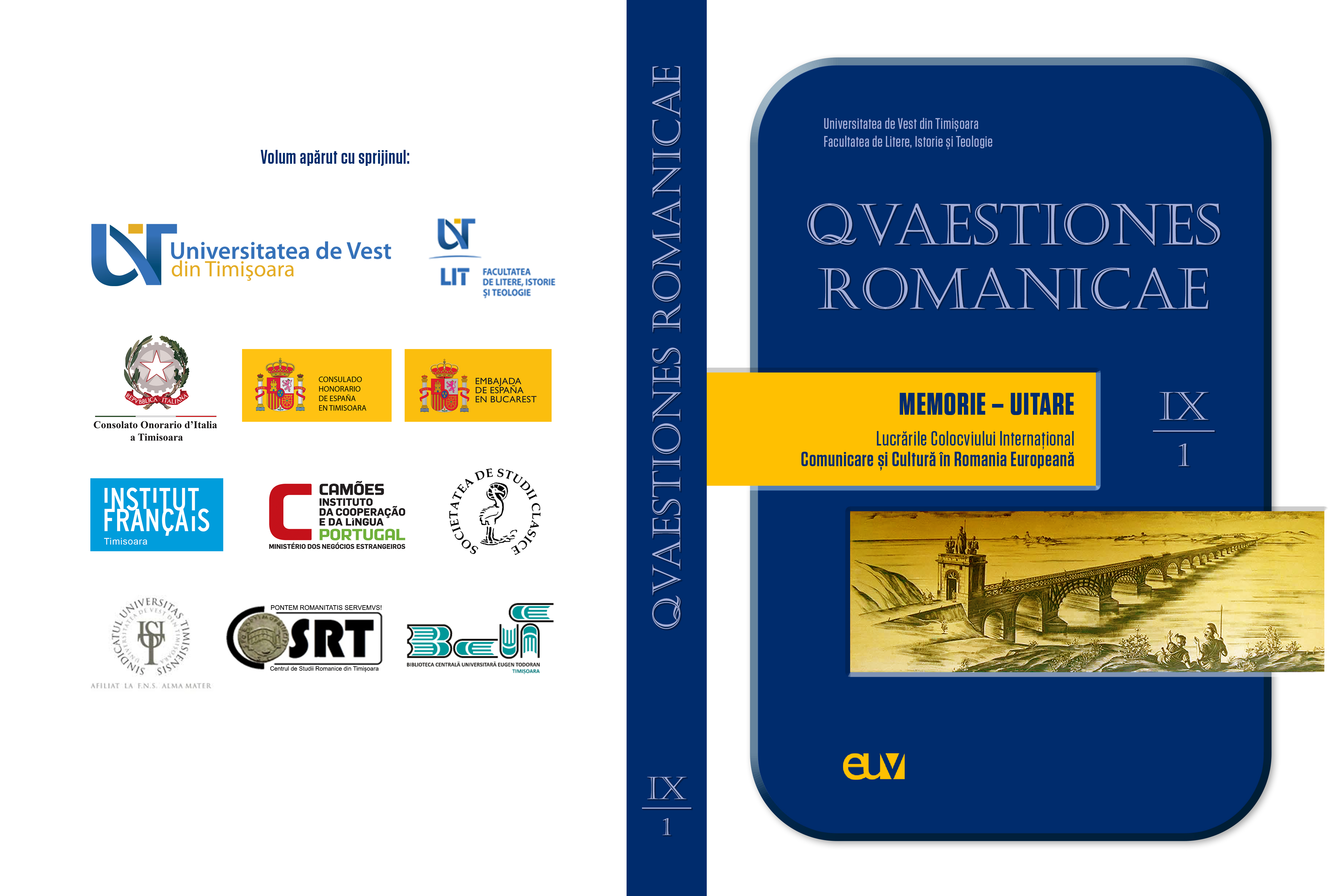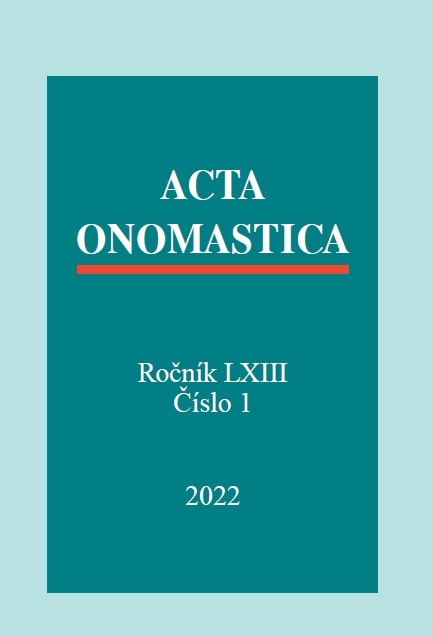Author(s): Armanda Ramona Stroia / Language(s): Romanian
Issue: 1 (33)/2021
The present study reports on the linguistic “behaviour” of the clichés generated by a transformative event such as Brexit, based on an interdisciplinary approach and a two-dimensional research model. The current investigation draws on the theoretical and methodological support provided by language sciences, social psychology and media communication studies. Specifically, we correlated the data obtained through conjugating linguistic microparameters (semantic, stylistic features, lexical and morphosyntactic patterns), as well as macrocontextual variables (pragmatic, psycholinguistic aspects, perspectives derived from the sociology of media communication, among others). Initially, for a brief contextualization, we outlined the socio-historical framework responsible for triggering the controversial phenomenon. In a contrastive analysis, we illustrated, the dominant clichés formed on the structure of the conceptual metaphors extracted from Romanian media discourse, organized into a set of lexico-semantic isotopies: emotional excess, disaster, strategic games (chess, domino, etc.), contagious disease, apocalyptic forecasts etc.We pointed out that this emotional “toxicity”, derived from the outrage directed at the political elites, from the alienation caused by an economic process and system that no longer reflects the vision and values of the citizens, sometimes reaches paroxysm in clichés of combustion. These linguistic structures are probably preferred for the emotional force encapsulated on the level of connotative associations: Brexit is a burning day, while the results of the referendum set politicians ablaze, social networks catch fire, and British Prime Minister Theresa May then gives an incendiary speech. We also considered the lexico-semantic isotopy of the natural phenomena, in which the metaphors formed on the pattern of liquidity persist in the post-referendum stage: “voters swim to the polling stations”. Specifically, the consequences are foreshadowed in the form of “economic storms”, “a flood of reactions/ scenarios / regrets”, “financial tornadoes” and even “tsunami effect”. Finally, we illustrated the tendency of journalists to put these metaphorical clichés in the semantic area of liquidity in relation to the periods of social and economic convulsions, terrorist attacks etc. (economy sinks, a storm of bullets, wave of protests/attacks). The explanation for such linguistic behaviour can be deciphered if we consider sociologists' interpretation of the modern world, increasingly defined by the dual dimension of liquidity. There is a contemporary fascination of the flow as an image of global flexibility. However, in a world interconnected economically and politically, there also functions the fear of social fluidity (waves of immigrants etc.) (Turner 2003: 8). Obviously, this lexical-semantic scheme of the disaster generates clichés of the dramatism, rendered morphologically, particularly through qualifying adjectives, sometimes with superlative values: the most dramatic event, crucial referendum, crucial day, dramatic implications.
More...

